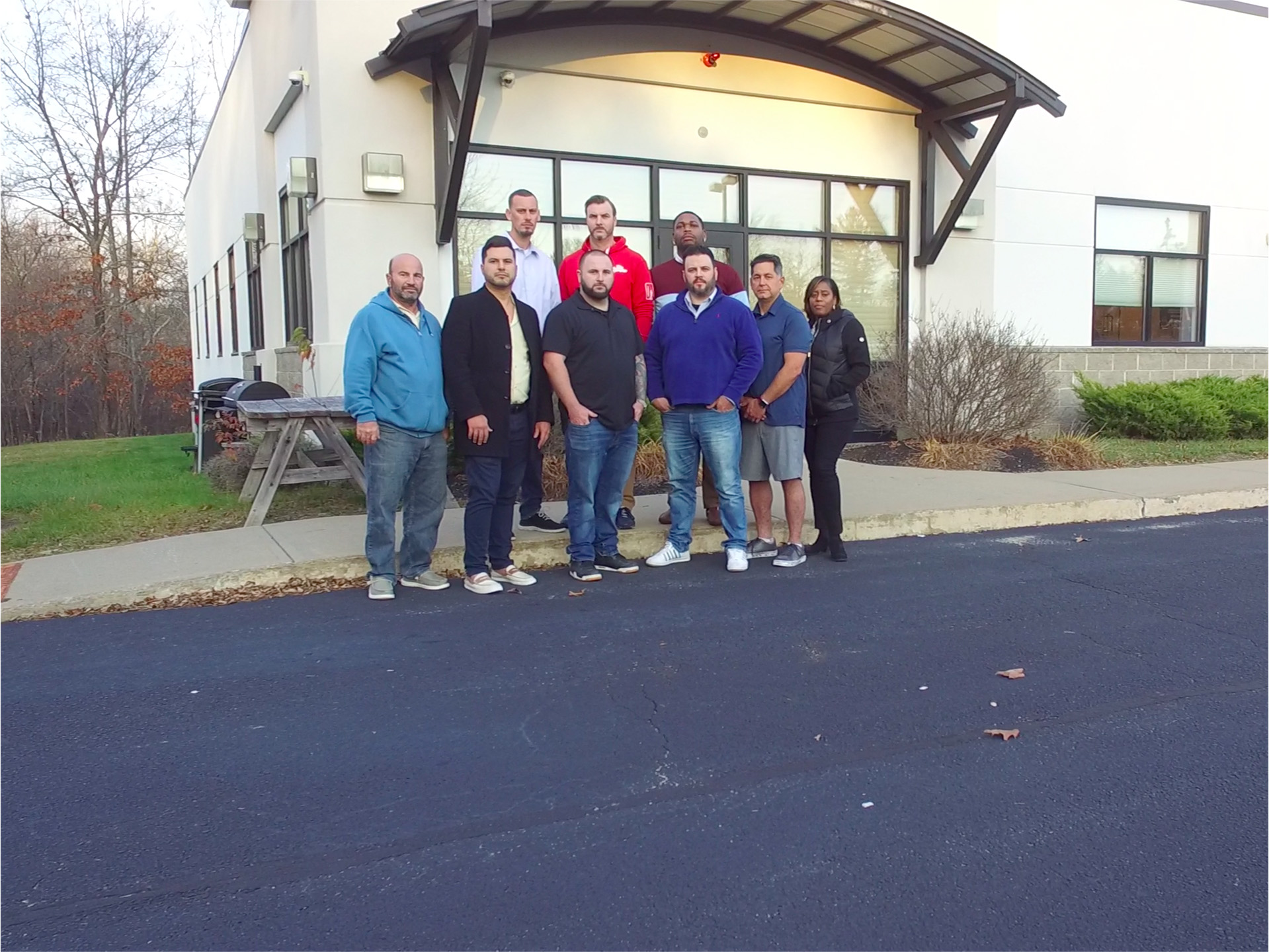Articles by deBanked Staff
CFPB HQ Temporarily Closed, Operations Frozen
February 10, 2025The CFPB’s headquarters in Washington DC will be closed this week as the agency undergoes an audit from the Department of Government Efficiency. The audit coincides with the arrival of yet another new Acting Director, Russell Vought, who is also serving officially as the Director of OMB. At the CFPB this weekend, Vought told employees not to “approve or issue any proposed or final rules or formal or informal guidance” and to “suspend the effective dates of all final rules that have been issued or published but that have not yet become effective.” He also told the Federal Reserve that the agency does not need funding at this time due to having too much on hand already.
Pursuant to the Consumer Financial Protection Act, I have notified the Federal Reserve that CFPB will not be taking its next draw of unappropriated funding because it is not "reasonably necessary" to carry out its duties. The Bureau's current balance of $711.6 million is in fact…
— Russ Vought (@russvought) February 9, 2025
While he has ordered all final rules that have been issued or published but not yet effective be suspended, some legal observers have indicated that the small business data collection process overseen by the CFPB (pursuant to Section 1071 of Dodd-Frank) that is scheduled to start on July 18 is technically bound by rules already in effect and that the deadline is merely the start date for compliance. However, that interpretation may be at odds with the spirit and intent of the suspension.
The Independent Community Bankers Association (ICBA) welcomed Vought into the role. “We look forward to working closely with Director Vought, the Trump administration, and the 119th Congress to implement needed CFPB regulatory reforms to help community banks meet the needs of local communities,” they said. The statement included a link in which they call for the small business lending data collection rules to be repealed.
“Intrusive data collection will compromise the privacy of small business applicants, effectively ‘commoditize’ small business lending, and increase the cost of credit,” they say. “ICBA urges the 119th Congress to promptly repeal or substantially revise Section 1071 to limit the implementation of a destructive rule.”
Lightspeed Accelerates Growth of its MCA Business
February 9, 2025Lightspeed Capital accelerated the growth of its principal issued for its merchant cash advance program, the company shared in its latest quarterly earnings report. Normally the company has more to say about this division but its attention was focused on an “executing a full transformation plan.”
As part of its previously-announced strategic review, the Company conducted an in-depth evaluation of its portfolio, including market attractiveness, competitive dynamics, and its right-to-win as well as evaluating the best ownership structure to navigate Lightspeed through a transformation. The Company has already set its transformation plan in motion, focusing on growth in retail in North America and hospitality in Europe, both leading growth engines, with a strategic focus on expanding locations and increasing software and payments ARPU, with the other business areas optimized for efficiency and aimed at driving a maximum profitability for the whole business.
The Company-wide transformation to deliver on the new strategy will focus on:
- Go-to-market: enhancing Lightspeed’s go-to-market strategy with targeted outbound efforts, field sales and local marketing expansion, and verticalized execution to maximize efficiency and improve win rates, including deepening supplier integration in focus verticals and deploying AI-driven customer acquisition across retail in North America;
- Product & Technology: investments focused on key growth areas—enhancing inventory management, forecasting, and supplier integration for retail in North America, while optimizing operations, guest experience, and analytics for hospitality in Europe;
- Capital Allocation: transformation initiatives to free up capital for investment in growth areas; and
- Share Repurchase: a share repurchase program to return up to $400 million in cash to shareholders, including the immediate execution of approximately $100 million3 under our current authorization, plus an additional $300 million, in each case subject to market conditions.
CFPB Union Deletes its Bizarre Press Release as DOGE Audit Commences
February 7, 2025Update 2 (Feb 8): The CFPB has effectively been closed by its new Acting Director.
Update 1: Segments of the CFPB’s main website and X account have now been taken offline as well.

 If you’ve ever wondered what might be in store when facing the CFPB, a now deleted press release issued by its union leadership on Friday revealed a whole new side of the financial regulator.
If you’ve ever wondered what might be in store when facing the CFPB, a now deleted press release issued by its union leadership on Friday revealed a whole new side of the financial regulator.
The announcement, titled CFPB Union NTEU 335 spies dodgy DOGE bros, launched insults against three younger members of the DOGE team conducting an agency audit as well as Elon Musk. In addition to calling Musk a “confidant” of the late Jeffrey Epstein, it made fun of the DOGE auditors backgrounds’, personal interests, and even in one case an auditor’s father.
“Kliger’s daddy works at Experian which is the same company CFPB sued in January for covering up errors on credit reports with sham investigations,” it said. “While alleged coder Kliger made between zero to three git commits in the last year, workers at the CFPB returned $1.3 billion to scammed Americans in that time.”
The press release was applauded by federal employees on Reddit who especially liked the line of it that said “CFPB Union members welcome our newest colleagues and look forward to the smell of Axe Body Spray in our elevators.”
So many people were accessing the union’s statement on their website on Friday afternoon that the site kept going offline. The press release was deleted by the evening. Around the same time Musk took to X to hint at what might happen during the audit.
CFPB RIP 🪦
— Elon Musk (@elonmusk) February 7, 2025
Among government labor unions, the CFPB’s already stood apart. It was in the news last year for staging a protest against the agency’s Director, Rohit Chopra, over allegations of pay discrimination. Although that situation resulted in a resolution, Chopra was removed from the agency only just a week ago. Since Congress has yet to confirm a new Director of the CFPB, Treasury Secretary Scott Bessent has been serving as its Acting Director. Bessent has ordered operations of the CFPB to be frozen in the interim.
Update: Shortly after this story went live, the CFPB’s account on X was deleted and components of the CFPB’s main website were taken offline. Additionally, Russell Vought was made new Acting Director of the CFPB.
The full deleted CFPB Union press release can be viewed below:

Enova: Record Q4 originations with little competition in sight
February 5, 2025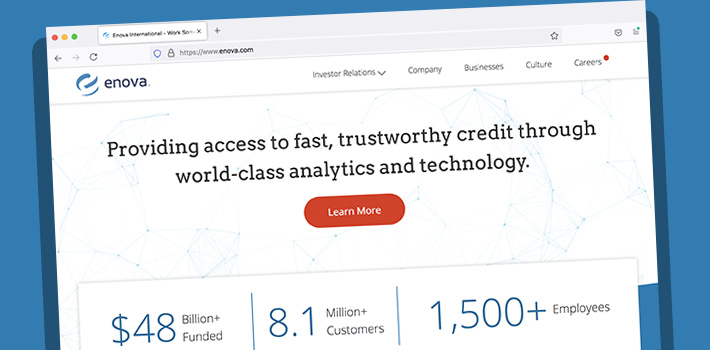 Enova originated $1.1B in small busines loans in Q4 2024. And it’s a wide open market, according to the company. “We’ve not seen kind of a sustained competitive push on either the consumer or small business side in a very, very long time,” said Enova CEO David Fisher during the quarterly earnings call. “And again, I think evidenced by our ability to take really significant volume in Q4 shows that to be the case.”
Enova originated $1.1B in small busines loans in Q4 2024. And it’s a wide open market, according to the company. “We’ve not seen kind of a sustained competitive push on either the consumer or small business side in a very, very long time,” said Enova CEO David Fisher during the quarterly earnings call. “And again, I think evidenced by our ability to take really significant volume in Q4 shows that to be the case.”
Fisher added that “you do see people kind of poking in and out” of the market “but they tend to be small and they tend to be fleeting.”
The economy is also playing into their success.
“On the small business side, I would say if anything, we feel better about the health of small businesses across the country,” Fisher said. “I think they’ve had one more year to build strength, kind of following the pandemic and following the high inflationary years of 2022, early 2023. And so we’re feeling also very good about the general health of small businesses.”
Fisher cited a joint report it prepared with Ocrolus this past November in which a survey found “that small businesses feel increasingly optimistic about future growth as over 90% of small business owners are expecting moderate to significant growth over the next six months.” It also showed “a meaningful shift in where small businesses are first seeking capital as nearly 75% of small business owners reported bypassing traditional banks in favor of alternative lenders like Enova.”
Charge-offs have been on a downward trend for Enova as well and the company feels good about how diversified its portfolio is.
PayPal: Our merchants grow after taking a business loan from us
February 5, 2025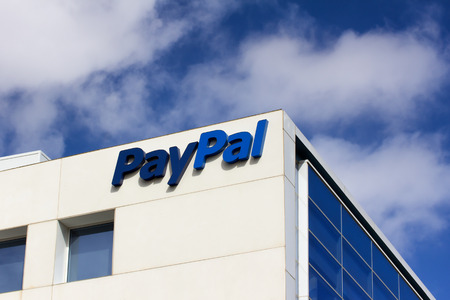 PayPal is feeling optimistic about its business loan program now that it has been reset on a path toward growth. “As the business matures, PayPal Business Loan offers more traditional merchant financing to match the increasing complexity and multichannel nature of larger businesses,” said CEO Alex Chriss during the Q4 earnings call. “Our business financing solutions increase loyalty and engagement, driving the PayPal flywheel. Merchants typically increase their PayPal volume by 36% after adopting PayPal Working Capital and 16% after taking a PayPal Business Loan. Our merchant lending originations were $3 billion in ’24, demonstrating our leadership and that there’s plenty of room to grow to support our customers.”
PayPal is feeling optimistic about its business loan program now that it has been reset on a path toward growth. “As the business matures, PayPal Business Loan offers more traditional merchant financing to match the increasing complexity and multichannel nature of larger businesses,” said CEO Alex Chriss during the Q4 earnings call. “Our business financing solutions increase loyalty and engagement, driving the PayPal flywheel. Merchants typically increase their PayPal volume by 36% after adopting PayPal Working Capital and 16% after taking a PayPal Business Loan. Our merchant lending originations were $3 billion in ’24, demonstrating our leadership and that there’s plenty of room to grow to support our customers.”
PayPal offers this product in the US, Germany, France, the Netherlands, UK, and Australia.
“The PayPal Working Capital product allows businesses to access a loan or cash advance for a fixed fee, based on their annual payment volume processed by PayPal,” the company states. “The PayPal Business Loan product provides businesses with access to short-term financing for a fixed fee or interest based on an evaluation of the applying business as well as the business owner. In the U.S., these products are provided under a program agreement with an independent chartered financial institution.”
Between them, PayPal is one of the largest online business lenders in the US.
Acting Director of CFPB Orders Suspension of New Rule Effective Dates
February 3, 2025Lenders with the highest volume of small business loans, MCAs, and other products were supposed to begin collecting data by July 18, 2025, according to the original rules set forth by the CFPB. But now that might come with yet another delay. That’s because the agency’s Director was removed this past weekend and the new recently confirmed Treasury Secretary, Scott Bessent, is standing in as Acting Director for the CFPB in a temporary dual role until a permanent Director can be confirmed.
As part of that responsibility, multiple news outlets have reported that Bessent’s first order of business at the CFPB was to freeze much of the CFPB’s operations which included suspending the effective dates of rules that haven’t gone into effect yet. It remains to be determined how that might precisely impact the small business lending data collection rules.
This freeze possibility was first raised on deBanked on January 23 in the wake of Trump’s regulation freeze executive order.
CFPB Director Rohit Chopra Is Out
February 1, 2025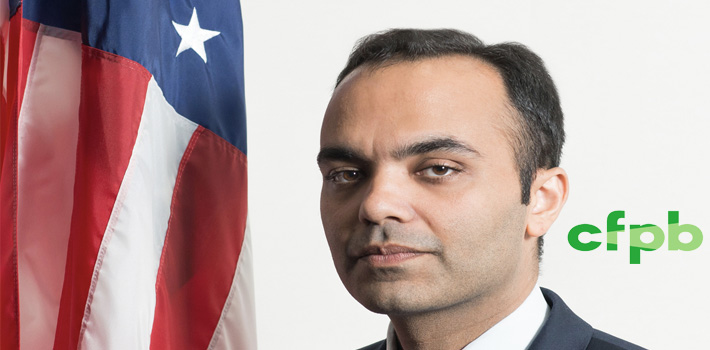 The CFPB director that wanted to “wipe out” all merchant cash advance companies has resigned his post (or been fired per the AP), according to a letter he shared on social media. Rohit Chopra had served in that position for four years.
The CFPB director that wanted to “wipe out” all merchant cash advance companies has resigned his post (or been fired per the AP), according to a letter he shared on social media. Rohit Chopra had served in that position for four years.
While the CFPB is supposed to be a consumer-focused agency, it had gained the authority to collect data from the small business finance industry. Its 888 pages of complex rules are supposed to go into effect this year, for example, unless Trump’s January 20 executive order leads to a delay or repeal.
“This letter confirms that my term as CFPB Director has concluded,” Chopra’s letter states. “I know the CFPB is ready to work with you and the next confirmed Director, and we have devoted a great deal of energy to ensure continued success.”
Two Broker Battle Judges Starred in This Show
January 31, 2025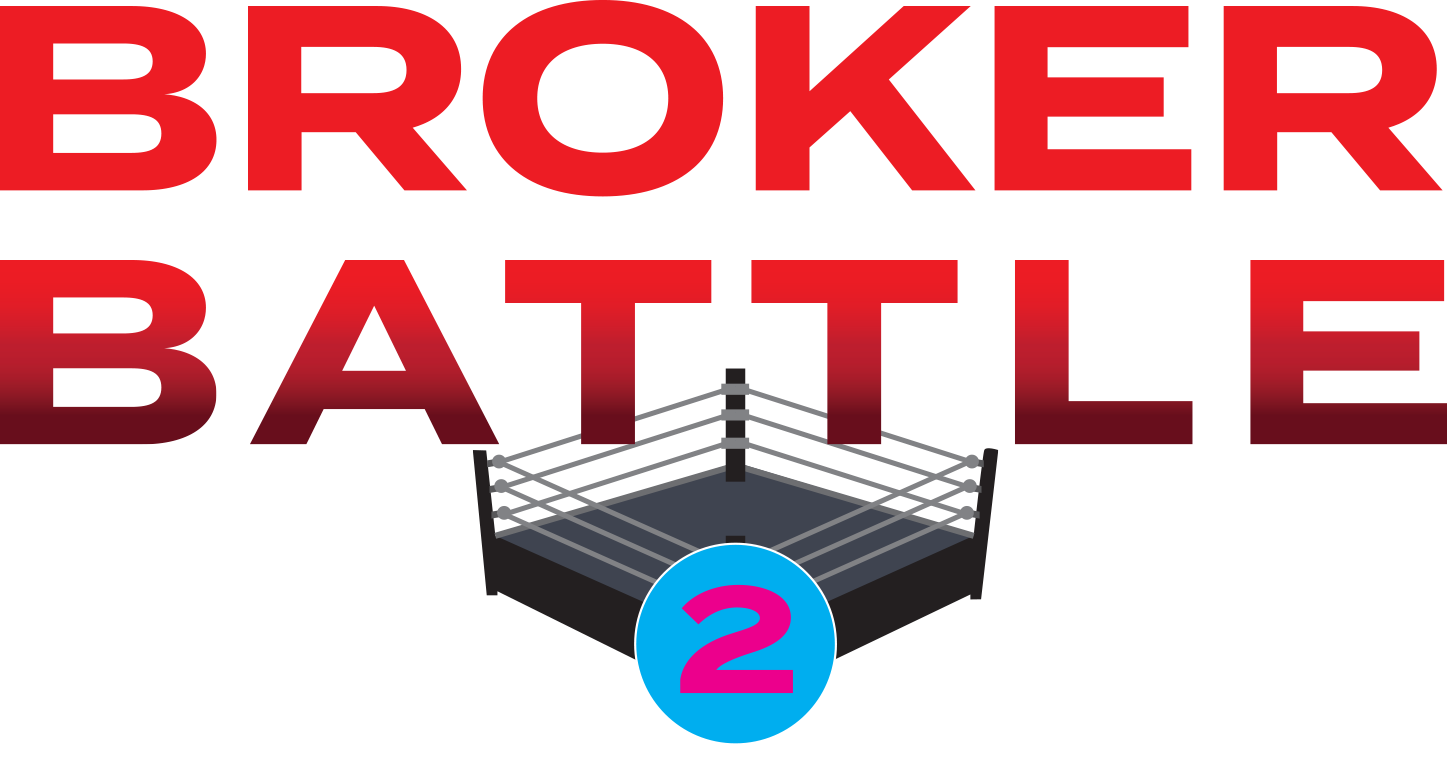 Josh Feinberg and Will Murphy, both judges for the equipment finance category at the upcoming Broker Battle at deBanked CONNECT MIAMI, previously starred in the sales reality show Equipping the Dream. The six-episode show series debuted in February 2022 where they helped train new reps at their equipment finance brokerage Everlasting Capital in New Hampshire and awarded the best of the group. The unscripted series is the most watched show in history of its kind. All the episodes are here.
Josh Feinberg and Will Murphy, both judges for the equipment finance category at the upcoming Broker Battle at deBanked CONNECT MIAMI, previously starred in the sales reality show Equipping the Dream. The six-episode show series debuted in February 2022 where they helped train new reps at their equipment finance brokerage Everlasting Capital in New Hampshire and awarded the best of the group. The unscripted series is the most watched show in history of its kind. All the episodes are here.
Any broker or sales rep that is knowledgeable about equipment financing can enter to compete in the short Broker Battle competition on February 20th at the Fontainebleau by submitting their name here and registering for the event here. The prize is $3,000, a trophy, the title of top broker, and the opportunity to be interviewed for a feature story. The two other categories, revenue based financing and SBA lending, also offer the same prizes and can be entered into using the same links.
